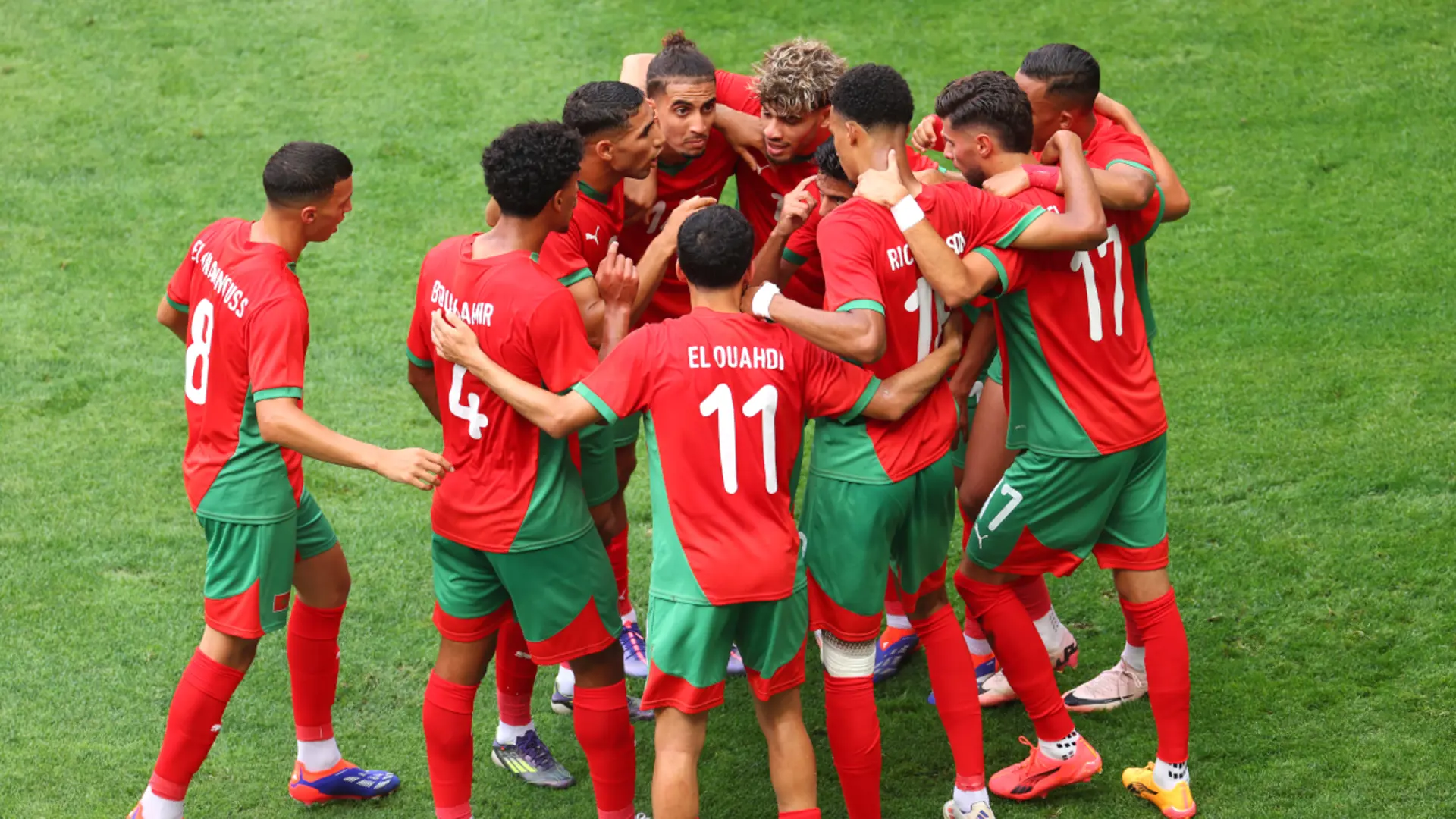GLEESON: The Olympics need football

As the Olympic focus now switches from Paris to Los Angeles, and the Americans begin to prepare to try and replicate the success of the French endeavour, so there will be more focus on football and its role at the Games.
It is the only sport at the Olympics where there is an age restriction and one of several where the ultimate prize in the sport is not a gold medal.
It the case of tennis it would be Wimbledon or one of the other Grand Slam events; in golf, the Masters or The Open. For football, obviously, the World Cup or even Champions League.
The men’s football tournament at the Olympics is played at under-23 level with three overage players allowed in the squad for the Games, but not the qualifiers.
The women’s tournament is played at full international level, but with 12 teams as opposed to 16 for the men.
All a bit messy and rightly begging the question ‘why?’
Football does not need the Olympics … that is for sure. Indeed the under-23 rule is to ensure the contest for gold in no way constitutes a mini-World Cup and threatens in any way the prestige and sanctity of football’s four yearly showpiece.
But the Olympics needs football and that is why the sport remains, even if watered down and devoid of all the stars we seen in the other disciplines.
In the ‘amateur’ era, it was Soviet-bloc countries who dominated, using their top (supposedly unpaid) players. But from 1984 onwards, the last time the Games were hosted in L.A, the rules were changed to allow professional players, and for African, Asian, Caribbean, North and Central American and Oceania nations to field a full men’s side while European and South American teams were not allowed to use players who had played previously at a World Cup.
France won gold in LA in 1984 under coach Henri Michel (later to work at Mamelodi Sundowns) and the 80 000-odd crowd they pulled in at the Rose Bowl in Pasadena for the final, plus sell out attendances most other matches, meant football was the best attended sport.
It has stayed that way since and the ticket sales explain why the International Olympic Committee wants to have football every four years, even if it is more of a pain than anything else for the footballing fraternity.
Fifa do not compel clubs to release players for the Olympics, so it can be tough to field a decent side and since the under-23 age restriction brought in for Barcelona in 1992, it has evolved into a youth tournament.
One rider to all this is that Africa has done well out of the Olympics and has no issue with participating.
When the Kalusha Bwalya-inspired Zambia side thrashed Italy 4-0 at the 1988 Games in South Korea that was a major confidence booster for African aspirations and the bronze medal for Ghana in Barcelona four years later also a major breakthrough.
The 1996 and 2000 Olympic golds for Nigeria and Cameroon were clouded by accusations of age cheating but did also show that Africa was making considerable progress in producing more internationally competitive teams.
To have both Egypt and Morocco in the Paris semifinals earlier this month was another welcomed boost.
Advertisement